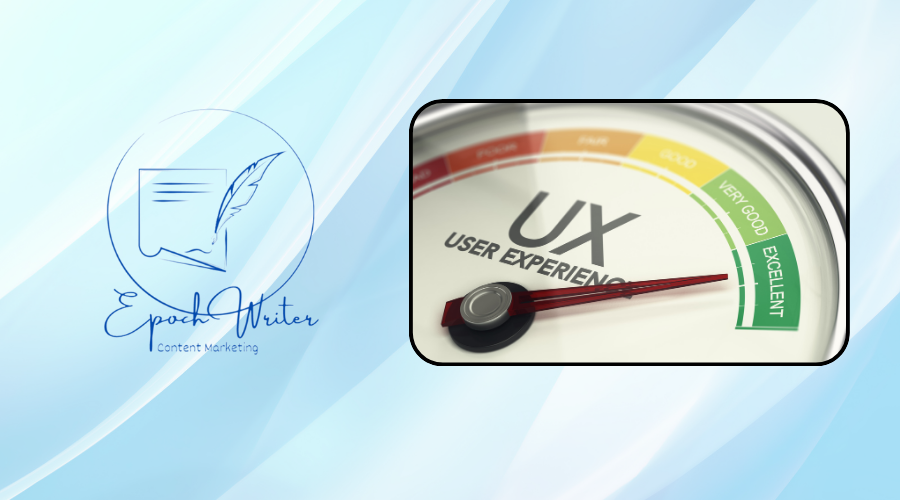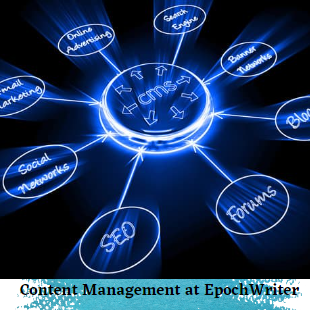Part of owning a website for your business is struggling to stand out from the crowd, especially if you are in a highly competitive business. One of the best ways to stand out is search engine optimization (SEO) – a critical strategy for obtaining higher rankings on search engines. However, tactics for ranking with SEO are constantly changing. A newer tactic, progressive SEO, is becoming more popular.
What Is Progressive SEO?
The main goal of progressive SEO is to increase search engine visibility for your website by optimizing search terms to match the ever-changing search engine algorithms. User preference also changes often, just as the search engine algorithms. Forward-thinking SEO strategists are always looking for ways to keep their clients' sites ahead of the competition.
SEO is essential for website ranking; thus, efficient SEO techniques are mandatory. SEO is constantly changing – think of the old days when link farming and keyword stuffing were acceptable. Today, search engines will ignore your site if you even think about doing that.
The search engines want to see relevant content. How do you make them see that your site is relevant? It's no longer enough to use traditional SEO, no matter how relevant the content is.
Progressive SEO combines relevance, quick website loads, excellent content, improved user experience, mobile-first indexing, and frequent monitoring to increase page rank.
Quality Content
Content that is consistent, insightful and of high quality attracts not only potential customers but also search engines. It can build relationships by engaging your audience. This type of content can be in the form of videos, articles, and even social media posts.
Quality content also adds the information that potential customers are looking for to your site. While your main pages should be about your company, blogs should be related to the products and services you provide. For example, an attorney might put out website content including his or her practice areas, but his blog would have information about factors such as case strategy, what to do when injured in an accident or incident, how negligence works, how the bankruptcy system works, why family law cases require mandatory disclosure and so on.
Enhanced User Experience
Creating a website that is not user-friendly is the quickest way to lose a potential customer. If a reader can't find the information he or she is looking for, the website loads slowly, it seems "clunky," or other factors that take away from being user-friendly, a user will be out of there quicker than the blink of an eye. Competition in most industries is extremely high, so your website has to be better than the rest.
Mobile-First Indexing
Because many people research goods and services or surf the internet on their phones, Google now gives priority to the mobile versions of web pages over desktop versions. The search engine algorithm is called Mobile-First Indexing. When designing your website, it should be reactive and mobile-friendly.
Benefits of Progressive SEO
A higher website ranking is what everyone is looking for. Progressive SEO has many benefits that can lead to higher website ranking, including:
- Enhanced User Engagement: Having excellent user interaction is the best way to draw in and keep visitors on your website. To encourage longer visits, provide personalized experiences, engaging content and an intuitive user interface.
- Increased Mobile Visibility: Because many people use their mobile phones, your website should be mobile-friendly, or you will lose potential customers. You can reach a much larger audience when you use mobile optimization.
Optimizing Content in a Progressive Manner
Regularly updating your website's content is more important than ever. To keep your content optimized progressively, you need the following elements:
Analyze the Quality of Your Content
Always make sure the quality of your content is top-notch. You'll need to check for several factors, including:
- Grammar
- Spelling
- Plagiarism
- Keywords
- Flow
- Factual
- Brand consistency
- Broken links
Creating Introductions
The introduction should be short 'n sweet and deliver your message as concisely as possible. It not only shows the reader they are in the right place but hooks the reader into staying on your site. At the end of the introduction, you should always have a call-to-action that grabs the reader.
User Intent
Your page should match what the reader is searching for. In other words, if the searcher is looking for information on unplugging a drain, your page should have that information on it.
Since Google shows the most relevant content to the user, make sure you use keywords so the search engines can find your information. Instead of looking at just one search term, Google now looks at the relationship between the search terms on your page – it checks context, semantic meaning and user intent.
Headings, Questions and Topics
Search for your keywords and view the top 10 pages. Make sure your site has those headings, topics and questions on it. Adding these to a page can improve your content score with search engines. Headings should have keywords, as well as the FAQs on the page.
Featured Snippets
Google each heading to ensure the search engine comes up with a featured snippet and whether the heading should include certain formats, such as bullets or numbers. Make sure the paragraph contains concise content.
Add Images
Adding images is something that hasn't changed over the years. You want to make your page media-rich, but make sure it loads quickly. Images help people have a better user experience when visiting a website.
Additionally, Google's algorithm looks at behavioral metrics, including the amount of time a person spends on your page and bounce rate. Your images should also be optimized for SEO.
Add Internal Links
Internal links are vital to helping your site rank higher on search engines. They help the search engines find information on your website. They also help boost backlinks, direct visitors to other pages that are relevant to their search and increase the time that a searcher stays on your website.
Throughout your site, you should have at least three internal links pointing to each page.
Long-Tail Keywords (Topical Optimization)
Optimization requires keywords – and not just single keywords. Long-tail keywords can significantly increase your chances of appearing higher in search engine results pages.
Optimize the Call to Action
Finally, always include an optimized call to action (CTA) to improve your conversion rate. A call to action makes it easy for the reader to click through to purchase your product or service.
Amp Up Your SEO
Content marketing is more than putting quality content on your site. It needs to be optimized for search engines in such a way that it is appealing to human readers. EpochWriter can help you create optimized content for your website, blogs and social media. Visit us today to learn more about content strategy.


















Comments